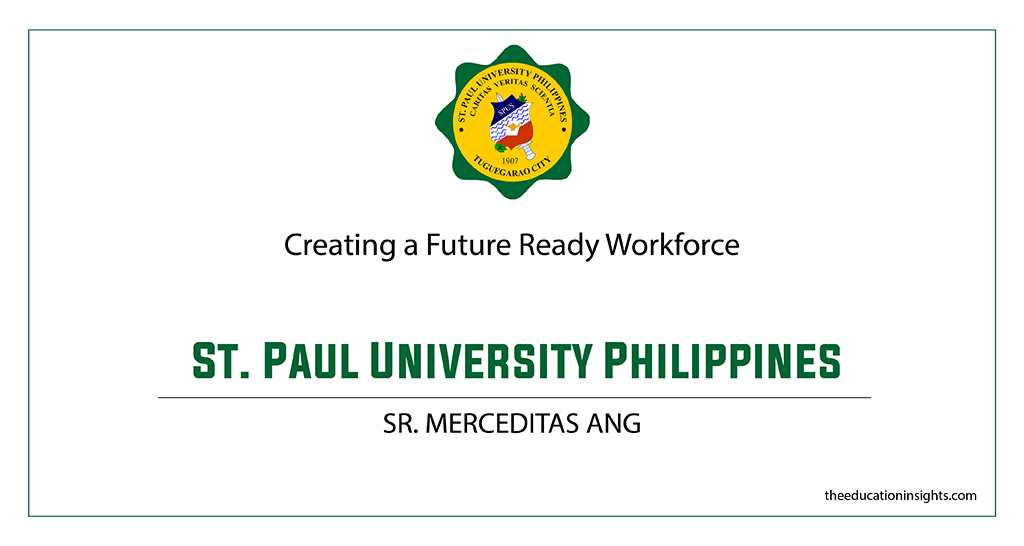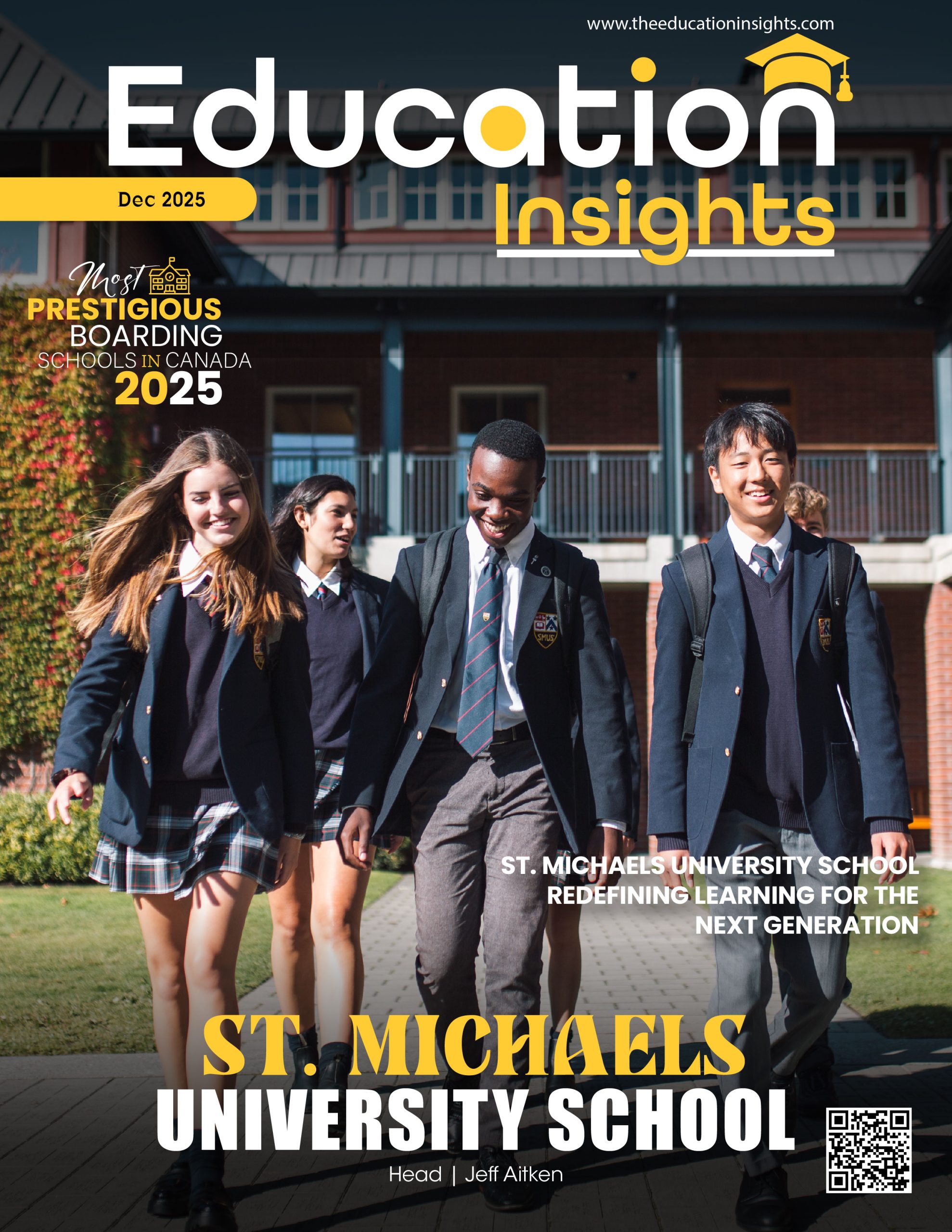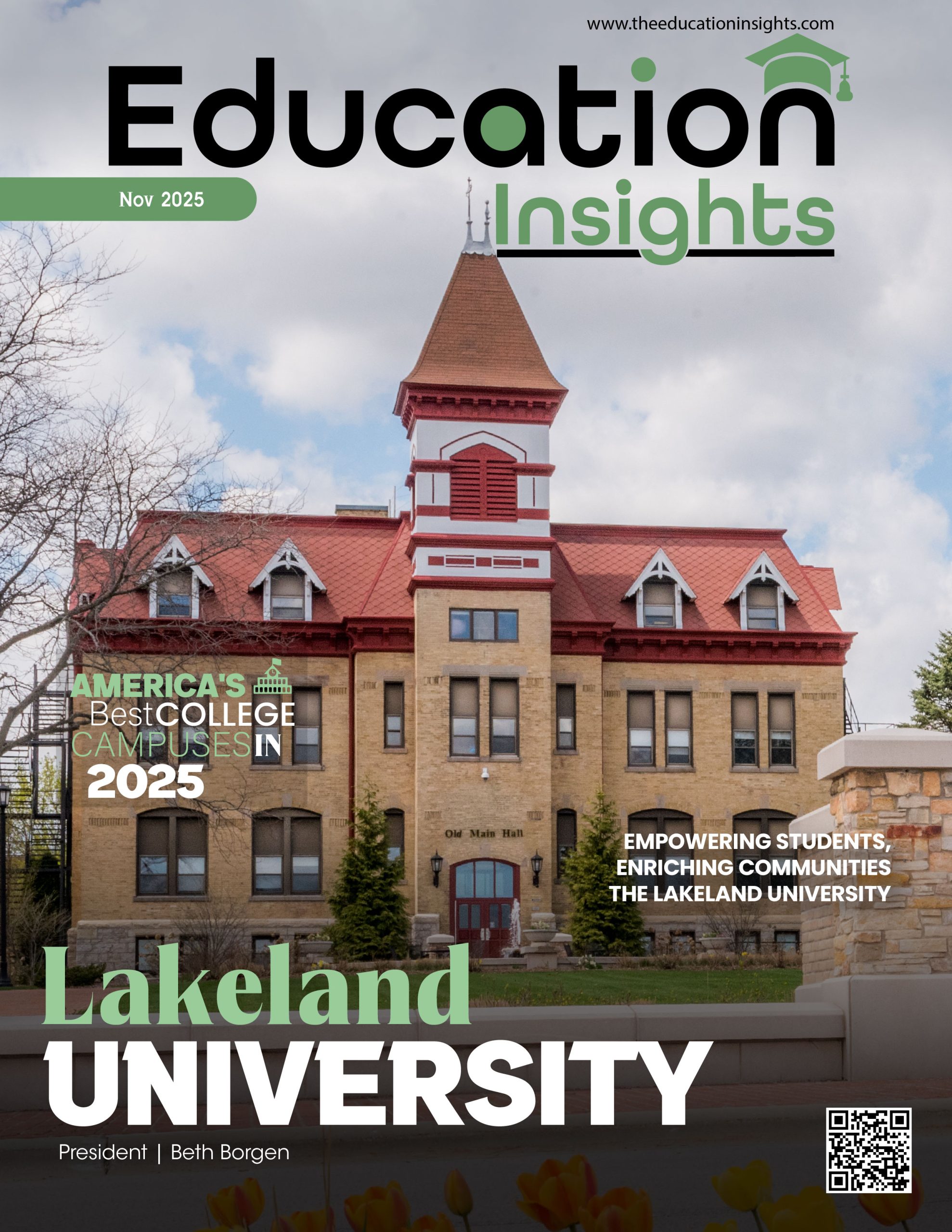St. Paul University Philippines (SPUP) was established by the Sisters of St. Paul of Chartres (SPC) on May 10, 1907, in Tuguegarao City, Cagayan. Over the years, SPUP has transformed while keeping its mission of providing quality Catholic education in an environment conducive to meaningful learning, character formation, and skills development.
Since its foundation, SPUP has made significant strides in its pursuit of innovative and global education. It boasts numerous accolades, including being the first private Catholic University in Asia and the first private University in the Philippines to be granted an ISO 9001 certification by TUV Rheinland. Additionally, it is one of the few universities in the Philippines accredited by the Asian Association of Schools of Business International (AASBI). It was also selected as a Knowledge for Development Center (KDC) by the World Bank. Recently, SPUP was recognized as an Innovative Private School and received a Netizen’s Choice Award in the 2021 Philippine Social Media Awards. Furthermore, SPUP was ranked among the top 101-200 innovative universities in the world by the World’s Universities with Real Impact (WURI) in 2021 and 2022, with high rankings in Fourth Industrial Revolution, Ethical Value, Crisis Management, and Student Mobility. It also earned a spot in the 2022 Times Higher Education Impact Rankings.
As an affiliate school of the UNESCO Associated Schools Project Network (ASPNet), SPUP is actively working towards fostering sustainable development. It has also been recognized for its environmentally friendly practices, winning the Most Environment-Friendly and Sustainable School in Region II title by the Environmental Management Bureau (EMB). Additionally, SPUP has been awarded for its community development and service-learning programs. The Department of Social Welfare and Development (DSWD) recognized SPUP Community Development Center as the Best Non-Government Organization in Luzon in 2019 for its efforts in improving the lives of the poor, vulnerable, and marginalized sectors of the community. In 2020, SPUP was awarded the Prince Talal International Prize for Human Development by Arab Gulf Programme for Development (AGFUND) for its contribution to the realization of the Sustainable Development Goal of Zero Hunger.
In 2012, the Catholic Bishops’ Conference of the Philippines (CBCP) identified SPUP as a Catholic Center for Culture for its collaborative undertaking to conserve the Church’s patrimony and promote greater awareness of the Church’s heritage through education, worship, and the Sacraments. Moreover, in 2014, the National Historical Commission of the Philippines (NHCP) bestowed SPUP a Historical Marker in recognition of its contribution to the historical development of Cagayan Valley in the fields of education and public service. In 2018, the Cultural Center of the Philippines (CCP) designated SPUP as a Regional Arts Center for its efforts in promoting arts and culture, showcasing artistic excellence, and fostering public participation in the arts. Moreover, in recognition of the University’s continued efforts in advancing and mainstreaming the goals of Global Citizenship Education in academic designs and services to the community, the UNESCO Asia-Pacific Centre of Education for International Understanding designated SPUP as a regional hub for Global Citizenship Education in 2022.
Currently, SPUP has achieved several notable recognitions and accreditations. It has been granted Autonomous Institution status by the Commission on Higher Education (CHED). It is also designated as a Center of Excellence in Nursing, Teacher Education, and Development in Information Technology and a Center of Teacher Training Institution. SPUP is also the first Integrated Basic Education Unit in Cagayan Valley to be accredited by the Philippine Accrediting Association of Schools, Colleges, and Universities (PAASCU) and is a deputized institution for the Expanded Tertiary Education Equivalency Accreditation Program (ETEAAP). Additionally, it has been awarded the Most Outstanding Student Services and Outstanding Research/Academic Library in the Philippines. SPUP is an associate member of the Asian Association of Open Universities and has been accredited by the Philippine Association of Colleges and Universities Commission on Accreditation (PACUCOA), its Graduate School. It is also a delivering Higher Education Institution for Graduate Studies for the K-12 Transition Program, and its School of Medicine is listed in the World Health Organization’s (WHO) World Directory of Medical Schools.
Increasing Access to Higher Education
SPUP provides a top-tier education that meets global standards and empowers students to become ethical citizens and capable leaders in their communities, nation, and beyond. This esteemed educational institution offers a wide range of academic programs, from primary education to post-graduate studies, including a Doctor of Medicine program and lifelong learning opportunities for professional growth.
SPUP has integrated character development into its curriculum, increasing student competencies by immersing them in real-life experiences, service learning, research-based engagement, and advocacies. SPUP fosters holistic education through innovative strategies and state-of-the-art facilities through immersive, adaptive, and interactive learning. As a thriving international academic community that welcomes students worldwide, SPUP fosters academic breakthroughs through exposure and exchange programs, work and travel opportunities, and cultural immersions in various countries.
SPUP is always open to new changes and challenges, embracing them with kin innovations, a deep commitment, and transforming them into opportunities. The post-pandemic world may pose challenges, especially for re-integration, but St. Paul University Philippines remains constant in its mission and dedication to forming a resilient, purpose-driven, new era-ready workforce. SPUP undertakes initiatives to integrate 4IR, global education, and service learning into the various curricula of studies and design activities to instill in the students the very essence of these concepts, which may contribute to the holistic formation of the students, making them 21st Century-ready graduates.
Mission and Vision
SPUP is an internationally recognized institution dedicated to the formation of competent leaders and responsible citizens of their communities, country, and the world.
Animated by the Gospel and guided by the teachings of the Church, SPUP helps to uplift the quality of life and to effect social transformation through:
- Quality, Catholic, Paulinian formation, academic excellence, research, and community services;
- Optimum access to Paulinian education and service in an atmosphere of compassionate caring; and,
- Responsive and innovative management processes
Looking at the Future
SPUP is looking toward the future with great optimism. The institution’s unwavering commitment is to mold every learner into a leader equipped with social doctrinal training and imbued with a strong spirit and willpower to live a life of faith and serve as a Christian witness in the community.
The university strives to create morally upright individuals with balanced personalities aware of the dignity of self and others. The mark of such a graduate is the proper balance between their inner self and the external world while remaining committed to their profession’s knowledge, skills, and values for the service of the community.
It aims to produce responsible citizens aware of their connections to the local and global society. SPUP endeavors to create graduates who are efficient and effective communicators, capable of exploring ideas critically and expressing them clearly in various modes to serve society and the Church.
The institution cultivates critical thinkers and problem solvers who use innovative and creative strategies, technologies, and methods to find solutions to problems and make informed decisions. Additionally, SPUP fosters lifelong learning among its students, encouraging them to remain aware of the significance of life, manage their thought processes, and seek out new challenges in education.










